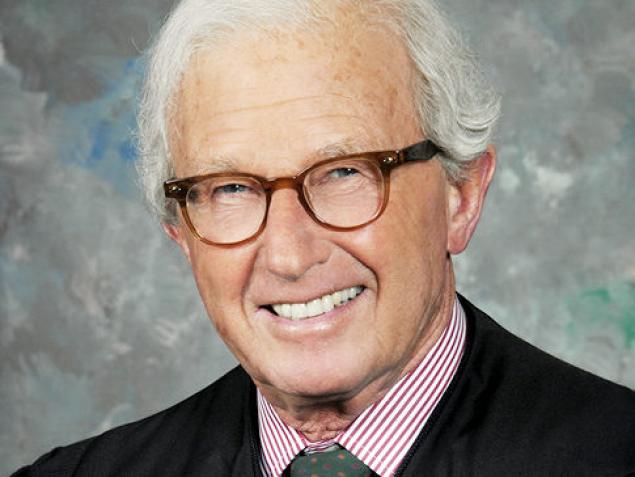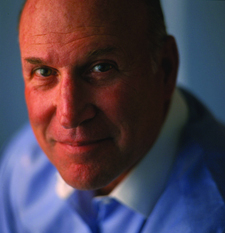Constitution's Bar on Religious Tests Withstands New Campaign in San Diego
 A group of conservative attorneys declared that they were on a mission from God to unseat four California judges in the election on June 8. "We believe our country is under assault and needs Christian values," said Craig Candelore, a family law attorney who was one of the group's candidates. "Unfortunately, God has called upon us to do this only with the judiciary." The challenge is unheard of, especially in California, which is one of 33 states to directly elect judges. Vowing to be God's ambassadors on the bench, the four San Diego Superior Court candidates won the backing of pastors, gun enthusiasts, and opponents of abortion and same-sex marriage. According to the Brennan Center for Justice at New York University's school of law, special interest groups, including those representing opposition to gay marriage, have recently increased donations for judicial races. Adam Skaggs, counsel for the Brennan Center said: "An effective way in driving policy is to try to influence who is on the courts in a state, particularly the highest court, the supreme court." For example, in Iowa's June 8 primary, two Republican gubernatorial candidates announced they favored ousting Supreme Court judges whose unanimous decision last year legalized same-sex marriage.
A group of conservative attorneys declared that they were on a mission from God to unseat four California judges in the election on June 8. "We believe our country is under assault and needs Christian values," said Craig Candelore, a family law attorney who was one of the group's candidates. "Unfortunately, God has called upon us to do this only with the judiciary." The challenge is unheard of, especially in California, which is one of 33 states to directly elect judges. Vowing to be God's ambassadors on the bench, the four San Diego Superior Court candidates won the backing of pastors, gun enthusiasts, and opponents of abortion and same-sex marriage. According to the Brennan Center for Justice at New York University's school of law, special interest groups, including those representing opposition to gay marriage, have recently increased donations for judicial races. Adam Skaggs, counsel for the Brennan Center said: "An effective way in driving policy is to try to influence who is on the courts in a state, particularly the highest court, the supreme court." For example, in Iowa's June 8 primary, two Republican gubernatorial candidates announced they favored ousting Supreme Court judges whose unanimous decision last year legalized same-sex marriage.


 Today, U.S. Senator
Today, U.S. Senator  A federal judge sitting in Louisiana struck down the
A federal judge sitting in Louisiana struck down the 
 On June 15, the CEOs of
On June 15, the CEOs of